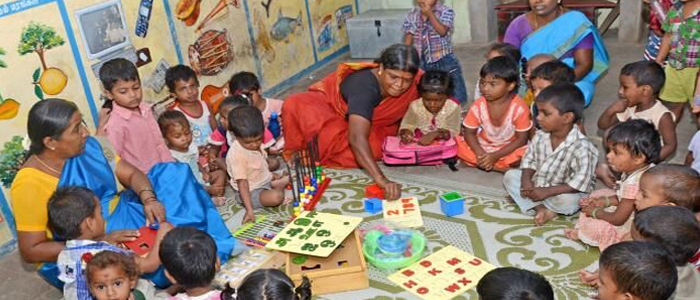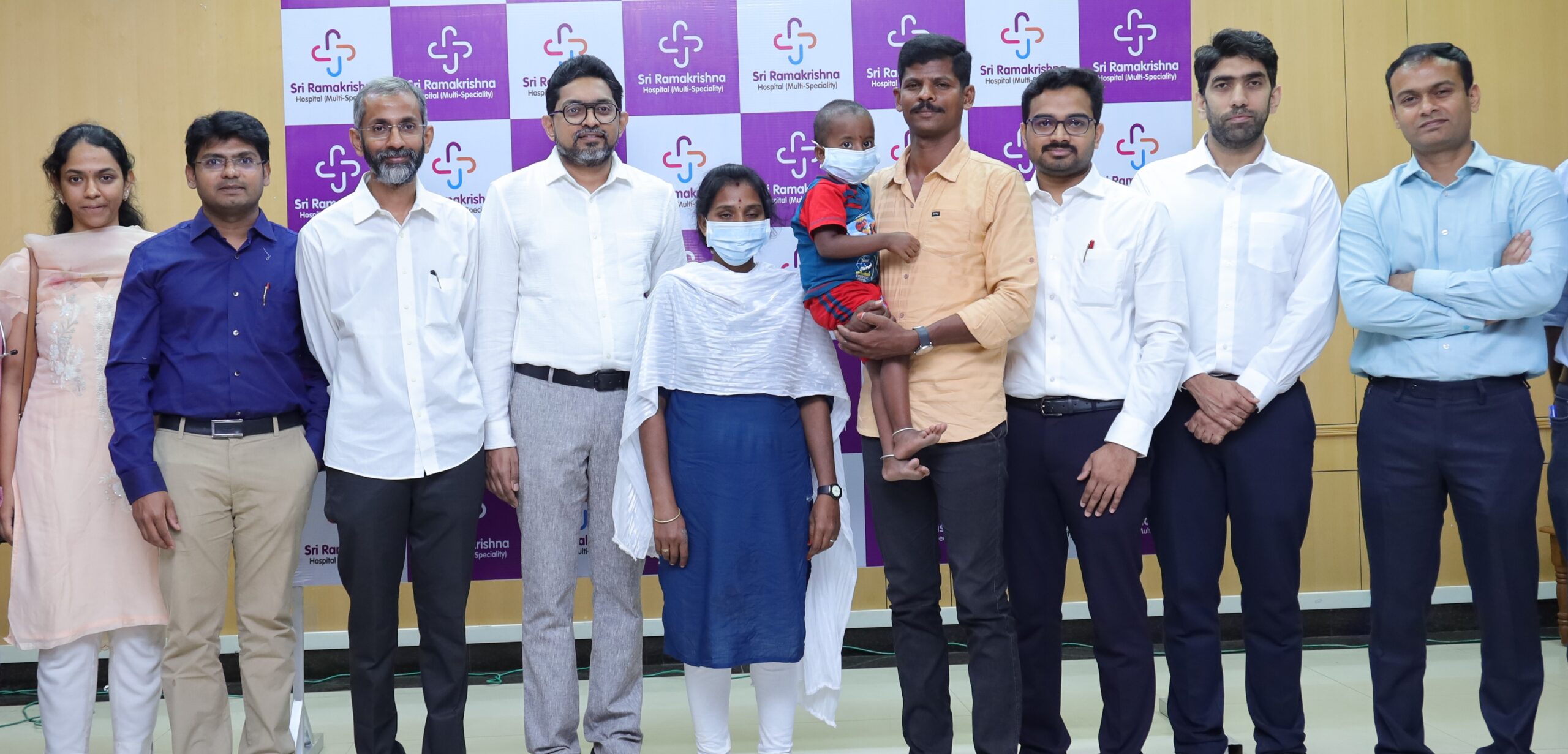Trending Now
- 830 voters names go missing in Kavundampalayam constituency
- If BJP comes to power we shall consider bringing back electoral bonds: Nirmala Sitaraman
- Monitoring at check posts between Kerala and TN intensified as bird flu gets virulent in Kerala
Coimbatore
Anganwadis can come under MHRD to improve early child education: NEP 2019
![]() July 5, 2019
July 5, 2019
The draft New Education Policy 2019 prepared by the Dr K Kasturirangan Committee, has recommended the transfer of responsibility of oversight of Early Childhood Care and Education (ECCE) under the Ministry of Human Resources Development.
Right now, a major part of the ECCE responsibility lies with Anganwadis which come under the Ministry of Women and Child Welfare.
“All aspects of early childhood education will come under the purview of the Ministry of Human Resource Development (MHRD), in order to ensure continuity of curriculum and pedagogy from pre-primary school to primary school, and to ensure due attention nationwide to the foundational aspects of education,” the draft notes.
The Ministries of Child Development, Women and Child Welfare and the Human Resources Development should form a task force that will work out the financial implications of this change of oversight, the draft has recommended.
Currently, Anganwadis which also take care of implementation of integrated child development including nutritious mean schemes, come under the purview of MWCW. “Regardless of which ministry is officially in charge of running the Anganwadis (which will be decided jointly by the ministries and the joint task force), the Policy stresses that the responsibility for planning and implementation of all ECCE curriculum and pedagogy in Anganwadis and all pre-schools lie with the MHRD – just as health services in ICDS lie with the MHFW. This transition would greatly help in optimising and smoothly integrating the delivery of quality early childhood and foundational education by then MHRD across Anganwadis, pre-schools, and primary schools.
While making a strong case and reasoning for this change, the committee has relied on various development and research reports including by the NCERT (1992) that suggested that a strong ECCE is an imperative for children for sustainable health and brain development and growth.
Expressing grave concern over the “severe learning crisis in India”, where children are enrolled in primary school but are failing to attain even foundational literacy and numeracy. A major part of this crisis appears to be occurring well before children even enter Grade 1. “Far too many 6+ year olds are entering Grade 1 with very limited ECCE. Furthermore, far too many children are enrolling in Grade 1 before the age of 6, due to a lack of any suitable pre-primary options.”
While providing a framework for co-locating and creating interconnections among Anganwadi’s, pre primary schools, primary schools, the draft NEP has also called for leveraging ‘India’s rich tradition” of social learning involving the home, family, relatives and the local community for “extensively” incorporating folk songs, art, music, puzzles, riddles, games, local customs and innovations.
ECCE experts and child pedagogy specialists note that one major improvement to the policy (which is open for public feedback till June 30) could be to recognize the importance of non-formal and informal learning approaches at least as an equal foil for formal learning situations. Because, once they get the freedom to learn through a process of games, discovery and by extension dramatic inquiry, children will see different ways of achieving goals, maybe different but similar approaches. Then they will start seeing the pieces and then link them up to form a whole, thus making their learning memorable and sustiable.























